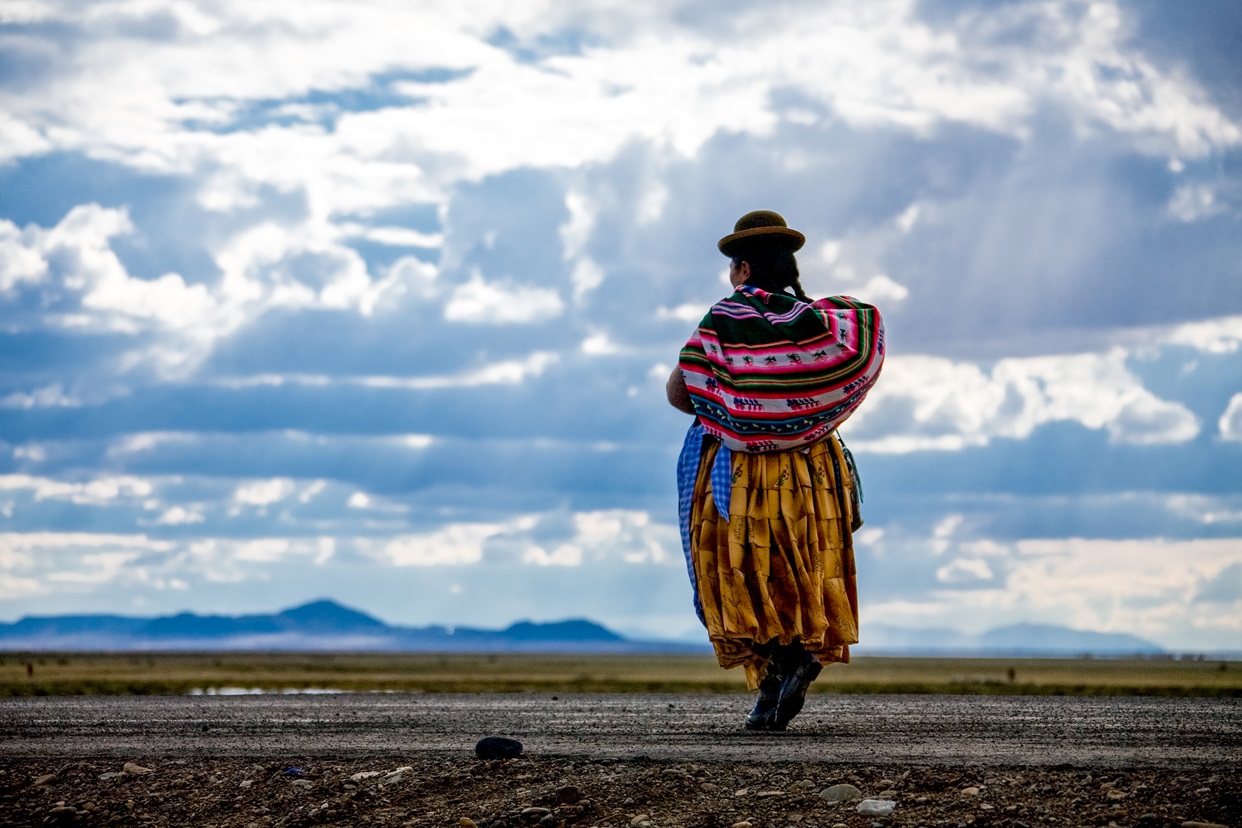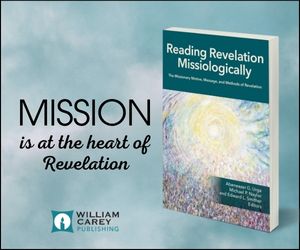EMQ » April–July 2024 » Volume 60 Issue 2

Summary: Nearly half of Bolivia’s population come from its Indigenous communities of which the Quechua are the largest. Yet gospel resources in Quechua remain limited. While many Quechua people enthusiastically participate in church, few have experienced the transformation of the gospel because they don’t understand it.
By Pío Víctor Campos Barco
Across the mountains of central Bolivia, Christians amongst the Quechua people gather to worship together during special weekend conferences. Starting on a Friday night, they come on foot, others on motorcycles, trucks, or any other means of transportation available to them, wearing colorful clothes. No one is empty-handed; they all bring their bulky Bibles or their hymnal. But few know how to read.
After everyone finds a place to sit, the music begins. A group of women sing loudly, and a group of men play instruments – mostly strings but sometimes a keyboard or drums. As the sun goes down, dim lights barely illuminate hymnals and Bibles. The music continues for more than 30 minutes until it is time to share the message of the Word of the Lord.
Then the person in charge approaches the front of the tent, with or without a microphone, to address the audience for about 30 minutes. At first, everyone is attentive, but after 15–20 minutes, most fall asleep. The meeting formally concludes with a word of prayer.
Those with transportation return home for the night. Some go to rest at a place nearby. Others stay and eagerly play and sing up to four more hours. Then they also go to rest. The next two days, most return to repeat the routine they started on Friday night.
Of Bolivia’s more than 12 million people, nearly 50% are Indigenous. Those include 36 native peoples. The Quechua comprise 49.5% of the Indigenous population followed by the Aymara with 40.6%, the Chiquitanos (3.6%), the Guarani (2.6%), and the Moxeños (1.4%). The remaining 31 groups are a combined 2.4% of the Indigenous population.
The nearly 3 million Quechua people scattered across the country are a quarter of Bolivia’s entire population. And while many consider themselves Christian, religious practice is more cultural than transformative. Understanding of the message of Jesus Christ that changes lives through his death on the cross is limited for most.
Member-Only Access
Evangelical Missions Quarterly (EMQ) is available to Missio Nexus members as a member-only benefit or as a digital subscription.
Please login to gain access or join Missio Nexus!








